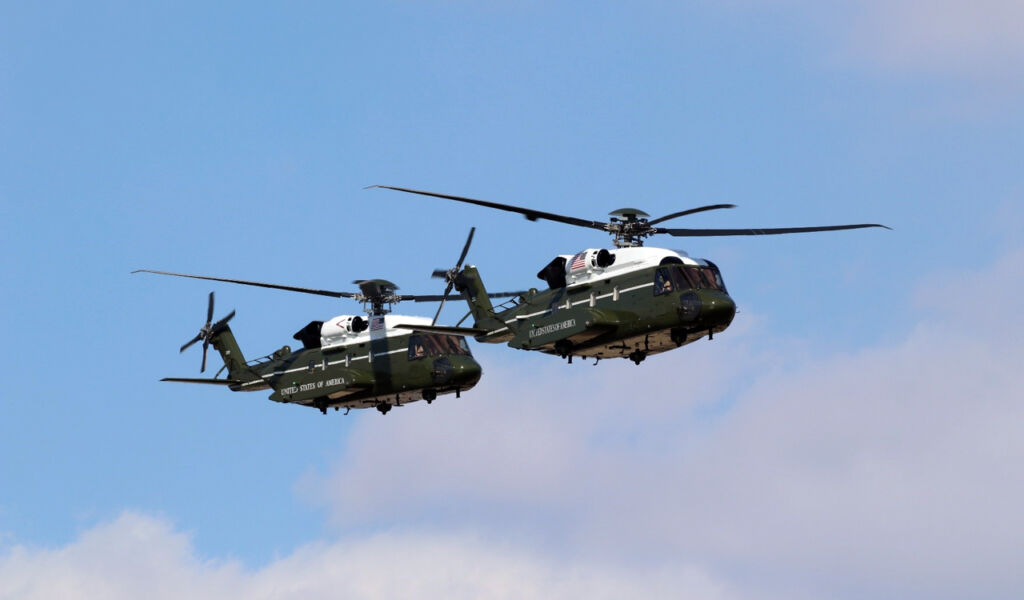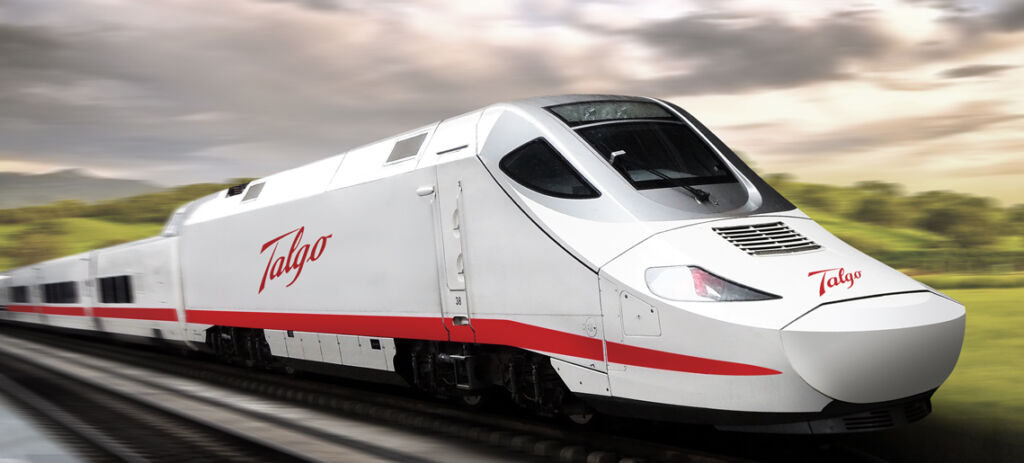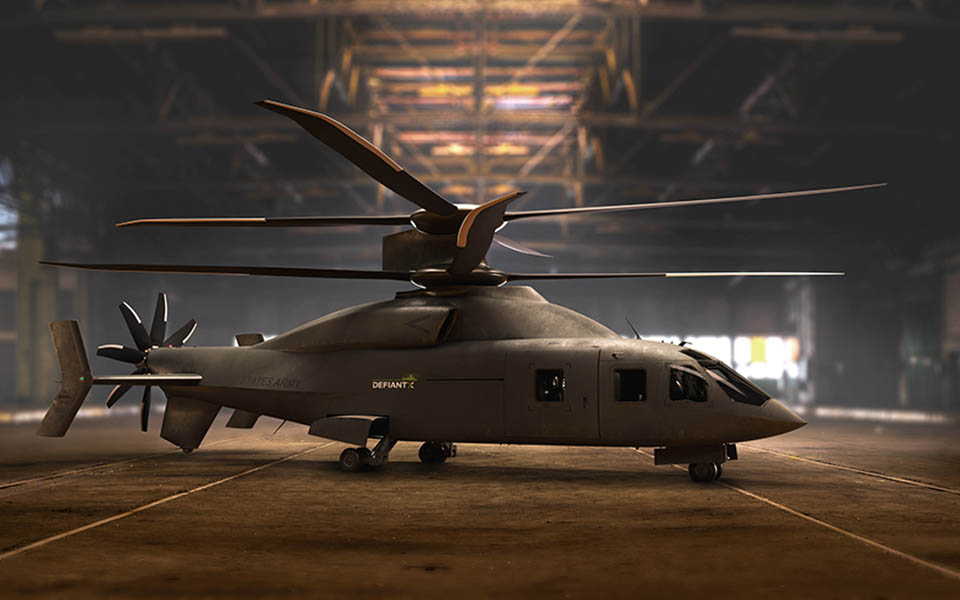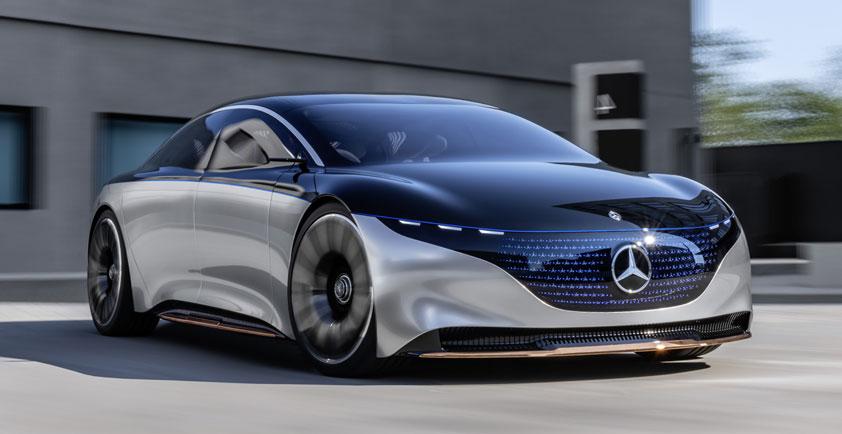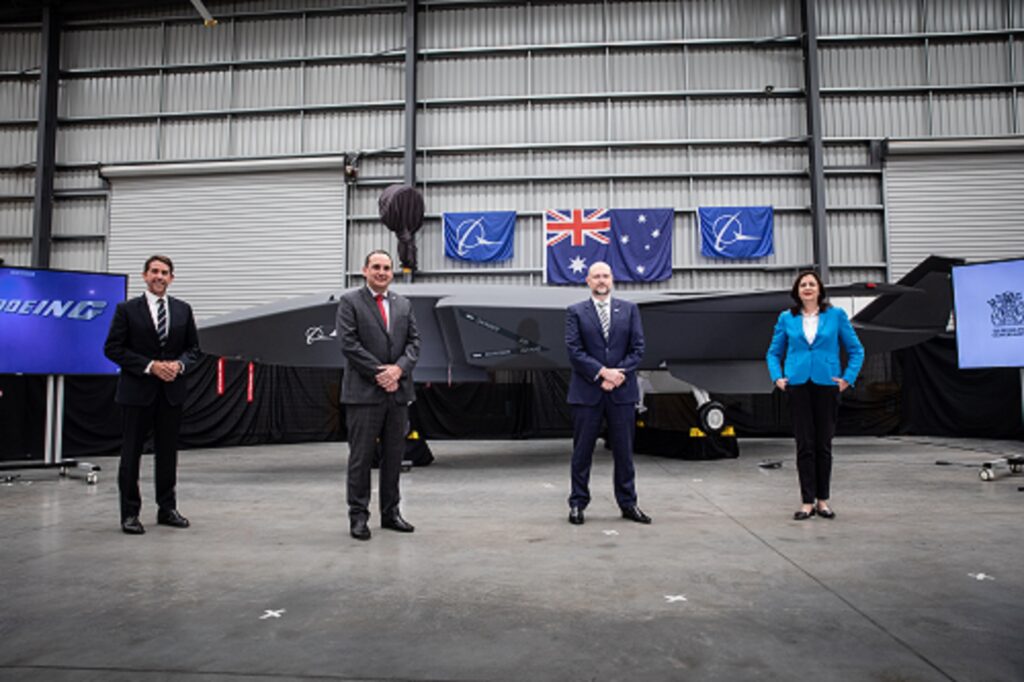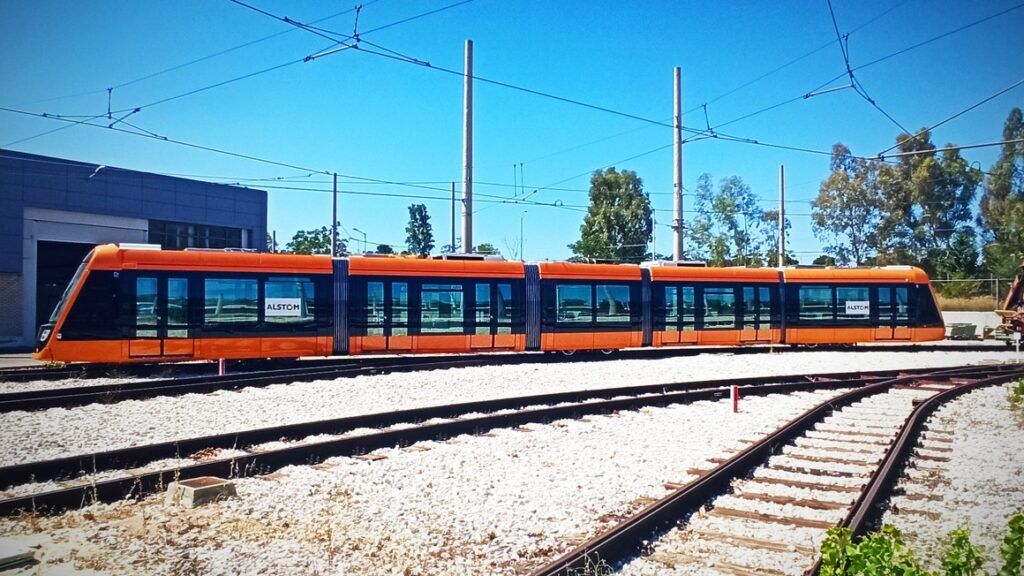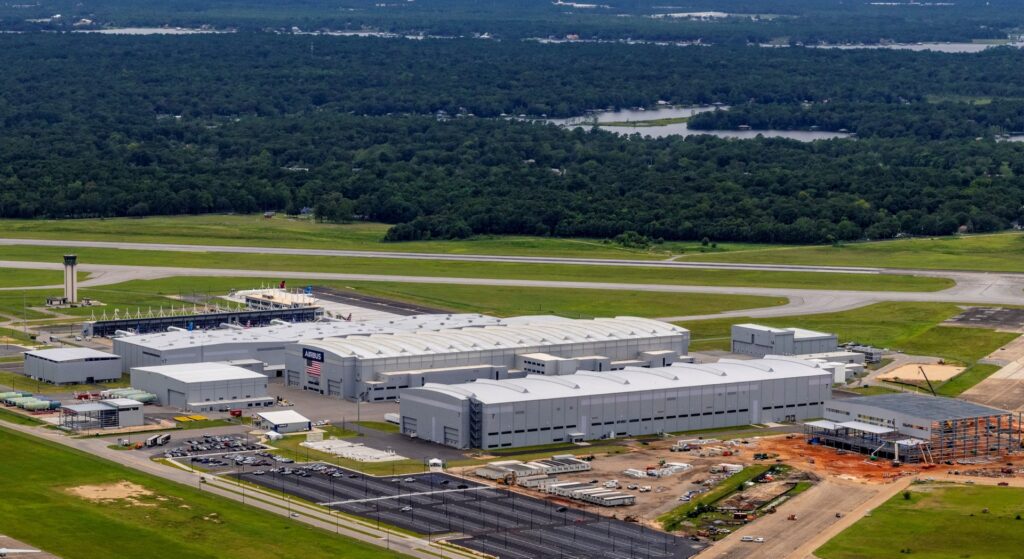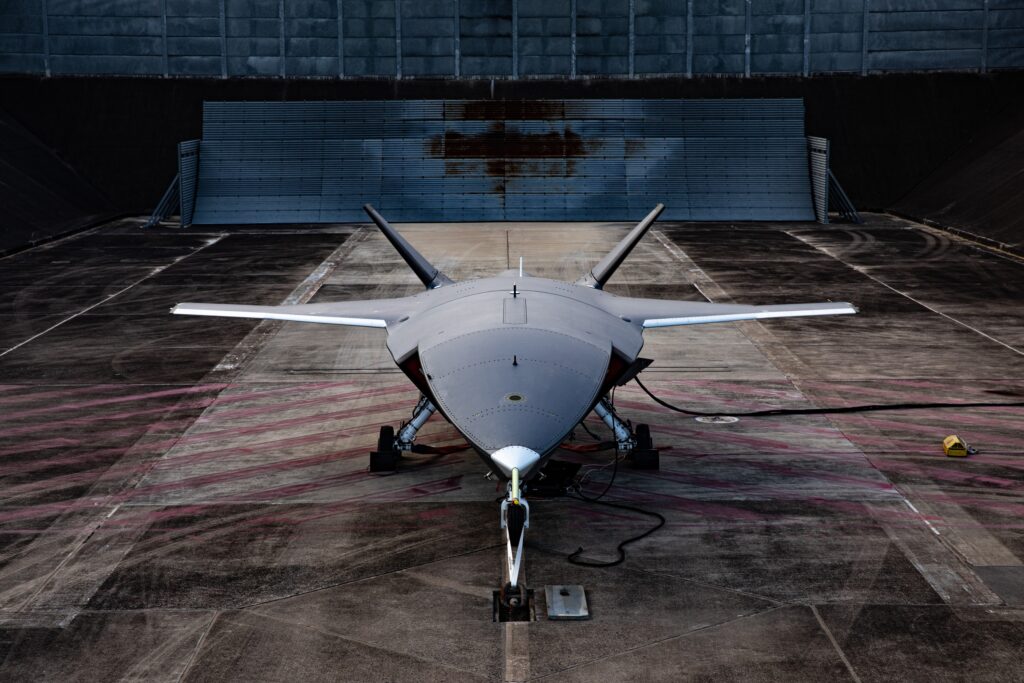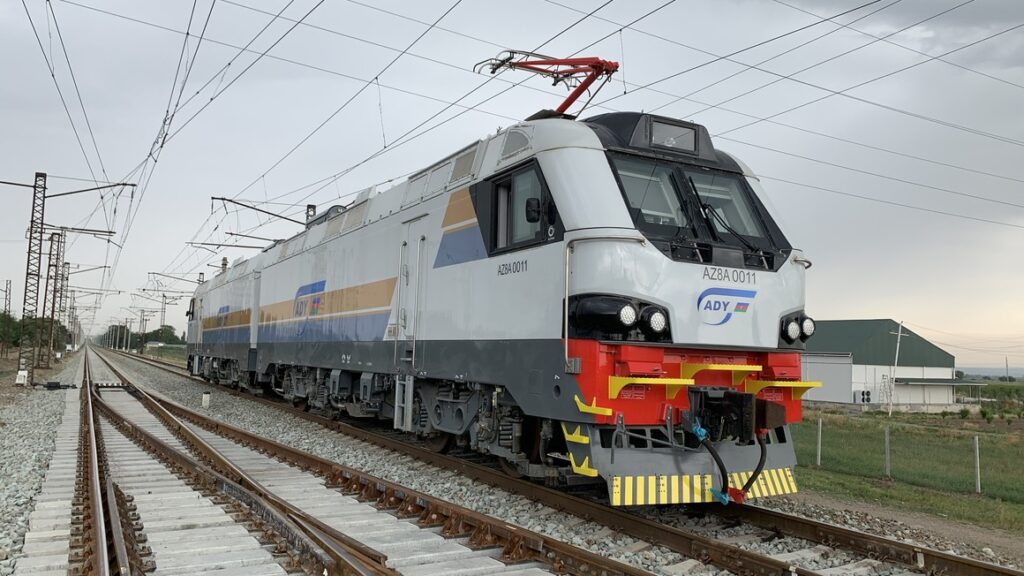Sikorsky Continues Legacy With Latest Contract to Build Presidential Helicopters
STRATFORD, Conn. Feb. 10 – Continuing its 63-year legacy of providing safe and reliable transportation for the president of the United States, Sikorsky, a Lockheed Martin company (NYSE: LMT), is under contract to manufacture a total…
